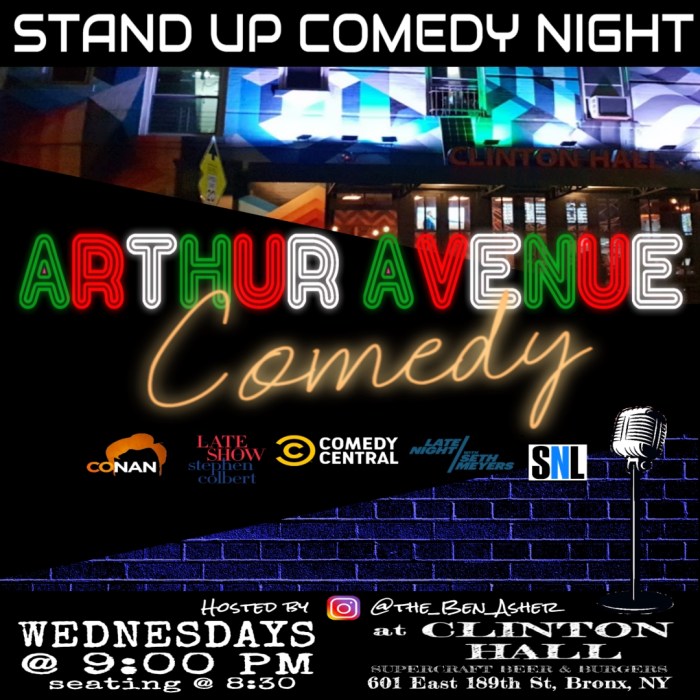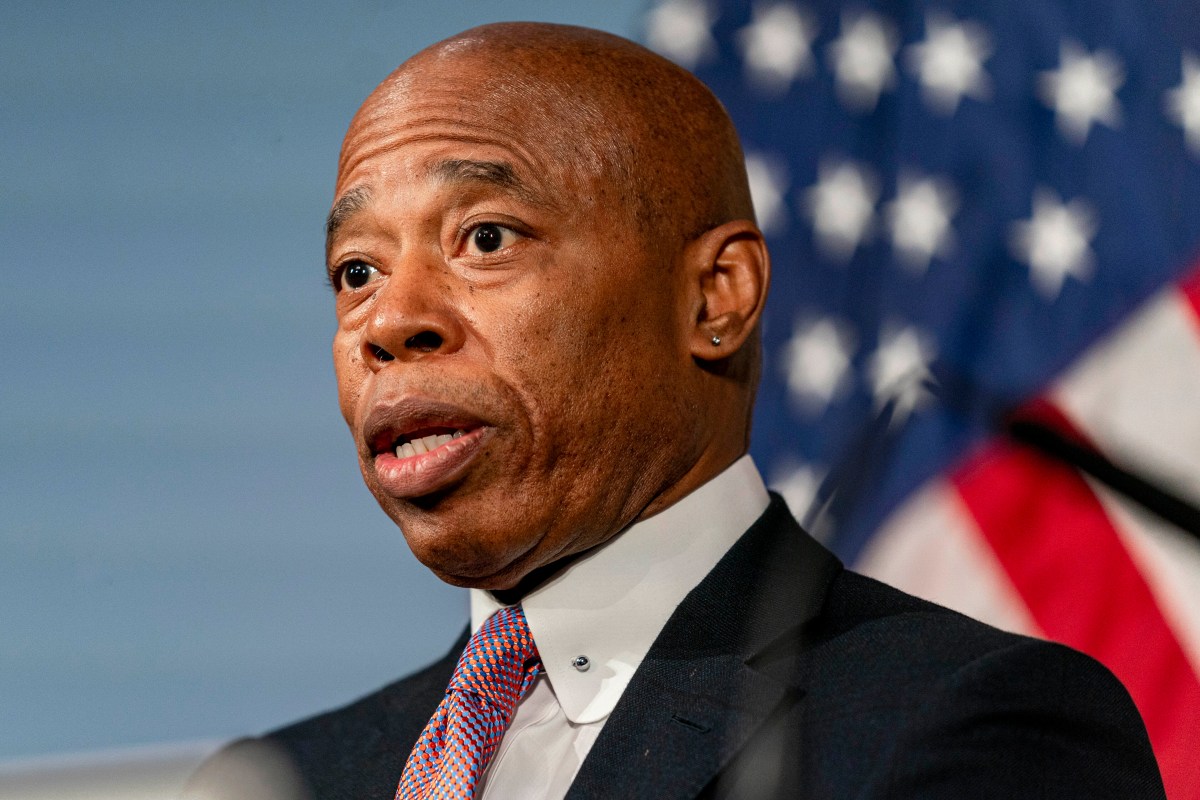The White Plains Road Business Improvement District (BID), founded in 1994, is the second smallest BID in a city of 76 BIDs. A BID is a formal organization made up of property owners and commercial tenants funded by a special assessment — billed to property owners — to provide supplemental services. Services provided consist of sanitation, marketing and public events, public safety, streetscape and beautification to improve the district. White Plains Road BID is funded with an annual $110,000 assessment. The district extends from Bolton Street, east along Pelham Parkway South, to White Plains Road and south for three blocks to Brady Avenue; it covers seven block faces and about 88 stores.
Reviewing the White Plains Road BID’s financial statements for fiscal years 2018-2020, the sanitation expense remained flat at 34%, while other expenses such as beautification and marketing decreased by 20%. General and administrative expenses, which includes payroll and rent, increased by 20%. In other words, 60% was spent in general and administrative expense to administer 40% in services mostly for sanitation. No money is spent for public safety and only 6% or $5,700 is spent on beautification and marketing.
The White Plains Road BID has not raised any money or received any grants or funding outside of its $110,000 assessment, which means services will continue to decline as general and administrative expenses continue to rise. Even though the White Plains BID has the largest percentage of overhead, other comparable BIDs in size also did not fare as well as the large-sized BIDs that average 20% or less overhead.
BIDs hold events and do marketing to draw foot traffic to its business corridors. The White Plains BID has no visible presence on social media and its website does not seem updated for years. Its website lists stores closed for years — Dress Barn, Payless ShoeSource, Petland Discounts and 7-eleven — while it omits new stores such as Children’s Place and Chipotle. The BID also has not updated the names of our representatives and instead lists those that have not represented the community since 2013. It held only three events in fiscal year 2020 and four events in fiscal year 2019.
The White Plains Commercial Corridor is lined with overfilled trash cans, illegal dumping in front of vacant storefronts and graffiti covered and filthy storefronts. After speaking with some stores and making service requests to the NYC Sanitation Department, some of the stores are no longer overfilling their trash bags and leaving them out on our tree pits. However, other stores have refused to clean daily in front of their storefront as required and responded that it is not their trash and not their responsibility.
New York City requires all commercial premises to be maintained (the sidewalk and the area 18 inches from the curb) at the beginning and end of the day. What purpose does the supplemental sanitation provide if some of the stores refuse to help keep the community clean which makes good business sense.
Large BIDs made significant impacts even on property values, but small BIDs, such as the White Plains BID, do not and cannot function on a non-working budget which creates an illusion of action. I suggest the city and the White Plains Road BID redirect the assessment to neighborhood improvement and vocational programs such as Wildcat and Fedcap, which have less overhead and therefore more money for sanitation services.
The city should have more ideas on filling up vacant storefronts which accumulate trash and negatively impact the corridor as well as more sanitation enforcement, which would make White Plains Road cleaner and a better place to do business. The city should offer other alternatives than BIDs to address issues within a business corridor that is too small to become a functioning BID.

























